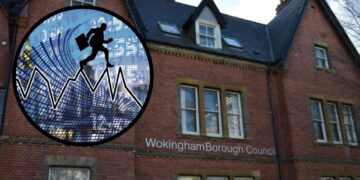NEW FIGURES released by the National Health Service show hormone replacement drug prescriptions have risen by nearly 30%, and twice as many are prescribed in less deprived areas.
It comes as part of the latest report from the NHS’ Business Services Authority (NHSBSA), which examines Hormone Replacement Therapy (HRT) in England between April 2015 and June this year.
The report found that 11 million drugs covered by the HRT Prescription Prepayment Certificate were prescribed in 2022/2023.
This represents a 47% increase on the 2021/2022 period.
Around 2.3 million patients were given HRT prescriptions in the 2022/2023 period, a 29% increase on the previous year.
It also found that more than twice as many patients in the least deprived areas were prescribed HRT drugs compared to the most deprived.
Following the introduction of the prepayment certificate in April 2023, which exempts it from charges relating to the prescription itself.
A downward trend in the proportion of HRT which was exempt from charges began in the 2015/2016 period, and continued until the introduction of the exemption initiative.
Figures showed that this trend has been reversed since the introduction of the scheme.
The menopause, which HRT is used to alleviate, can see patients experience symptoms like low mood, hot flushes, anxiety, and difficulty sleeping.
These symptoms can be particularly severe, and have a negative impact on patients’ everyday lives.
The HRT PPC covers an unlimited number of listed HRT medicines for 12 months, for the cost of two single prescription charges, which is currently £19.30.
Before buying an HRT PPC, a patient should check if they’re eligible for free NHS prescriptions using the eligibility checker: nhsbsa.nhs.uk/check.
The website also features lists of eligible medication, as well as further information about Hormone Replacement Therapy and Prescription Prepayment Certification.

















































